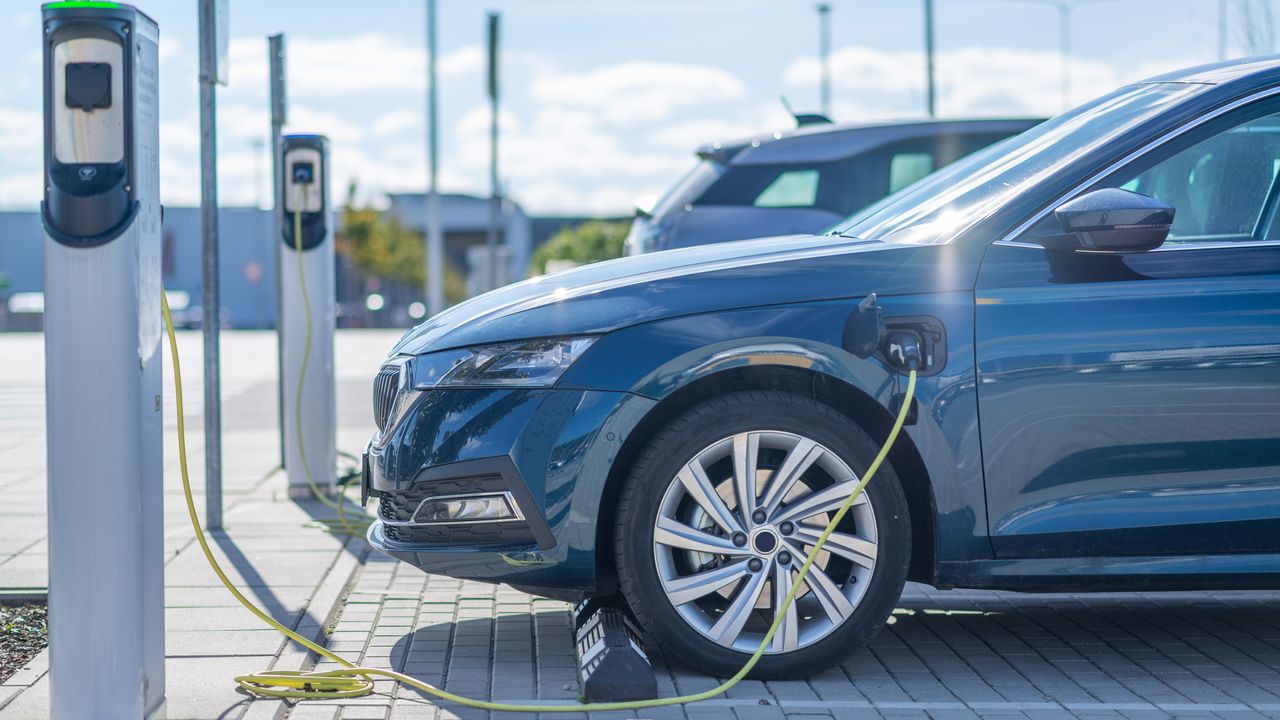EV Charging Platform Integration: Unlocking the Potential of Electric Vehicles
The rise of electric vehicles (EVs) has brought about a need for efficient and seamless charging solutions. As the demand for EVs continues to grow, so does the need for a robust charging infrastructure. This is where EV charging platform integration comes into play, enabling the integration of charging platforms with various technologies to enhance the overall charging experience.
Charging Platform IoT Integration
One of the key aspects of EV charging platform integration is the integration with the Internet of Things (IoT). IoT integration allows for real-time monitoring and control of charging stations, providing valuable data to both users and operators. By connecting charging stations to the internet, EV owners can easily locate available charging stations, check their status, and even reserve a spot in advance.
Moreover, IoT integration enables charging stations to communicate with each other and with the grid. This means that charging stations can dynamically adjust their charging rates based on grid demand, optimizing energy usage and reducing strain on the grid during peak hours. With IoT integration, EV charging becomes smarter and more efficient.
Charging Platform Mobile App Integration
Mobile app integration is another crucial aspect of EV charging platform integration. With the proliferation of smartphones, mobile apps have become an integral part of our daily lives. By integrating charging platforms with mobile apps, EV owners can conveniently manage their charging sessions, monitor their charging history, and even pay for charging services.
Mobile apps also enable EV owners to receive notifications about the status of their charging sessions, such as when their vehicle is fully charged or if there are any issues with the charging station. This level of convenience and control empowers EV owners and enhances their overall charging experience.
Charging Platform Smart Grid Integration
Integrating charging platforms with the smart grid is a game-changer for the EV industry. Smart grid integration allows charging stations to communicate with the grid in real-time, enabling load balancing and demand response capabilities. This means that charging stations can adjust their charging rates based on grid conditions, ensuring a stable and reliable power supply for both EVs and other electricity consumers.
Furthermore, smart grid integration enables the implementation of time-of-use pricing, where charging rates vary based on the time of day. This incentivizes EV owners to charge their vehicles during off-peak hours, reducing the strain on the grid during peak periods. By integrating charging platforms with the smart grid, we can maximize the utilization of renewable energy sources and promote a more sustainable energy ecosystem.
Conclusion
EV charging platform integration is crucial for unlocking the full potential of electric vehicles. By integrating charging platforms with IoT, mobile apps, and the smart grid, we can create a seamless and efficient charging experience for EV owners. This integration enables real-time monitoring and control, enhances convenience and control through mobile apps, and optimizes energy usage through smart grid integration. As the EV industry continues to grow, the importance of charging platform integration cannot be overstated.
